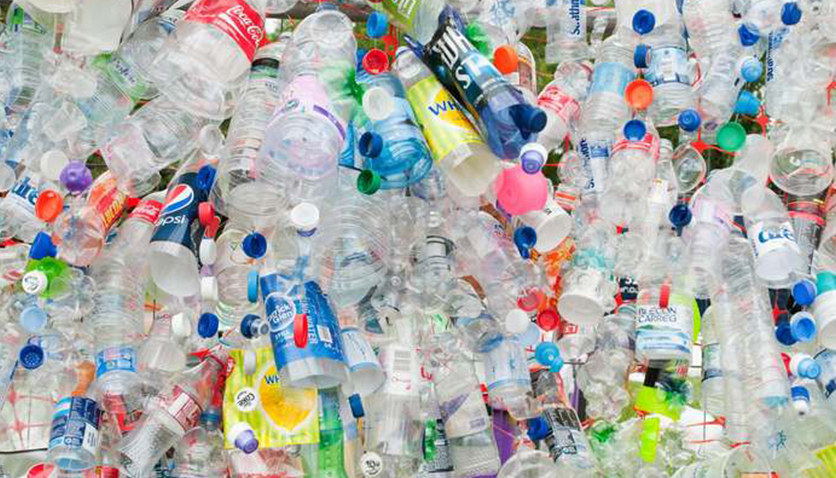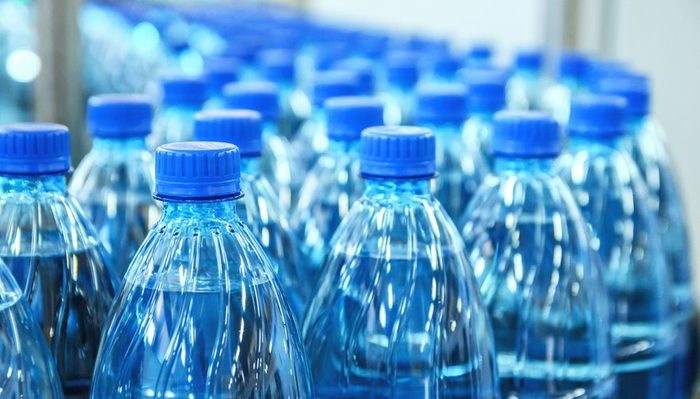Why We Can't Stop Using Plastic Water Bottles
- Nov-2025, 19:54
- 0 Comments
- 2 Views

Starting a business in the food and beverage industry can be surprisingly easy – just bottle water and sell it. In Georgia, tap water costs less than four GEL per month per person, while a one-liter bottled water costs around one GEL.
Despite the public becoming more aware of the environmental damage caused by plastic bottles, their production remains highly profitable. In the UK, bottled water sales grow by 7–8% annually. Last year, Britons purchased 2.2 billion liters of bottled water – enough to fill a skyscraper 514 meters high.
Environmental activists are puzzled by the popularity of bottled water in countries with safe tap water. Sam Chetan-Walsh from Greenpeace calls it “incredibly shocking,” noting that while awareness is high, the message hasn’t reached enough people.

Photo: iStock/Getty
The environmental impact of plastic bottles is severe. Beyond the fossil fuels used in production and transport, single-use plastics pollute cities and oceans. Footage from Blue Planet II shows albatrosses feeding plastic fragments to their chicks, and even dolphins are affected.
Activists point to campaigns against plastic bags, straws, and coffee cups as progress, yet bottled water remains a unique challenge. Its popularity shows that the environmental system isn’t functioning effectively.
Some progress is visible. Tap water consumption is slowly increasing, and some consumers are switching to reusable bottles. However, plastic use continues to grow, fueled by media claims about bottled water’s health benefits. According to research by Kantar, many people are still drinking bottled water despite the availability of safe tap water.
Even though most bottles are technically recyclable, only about 56% are actually collected, and even fewer are made from recycled plastic. Companies like Highland Springs and Evian have introduced eco-friendly bottles, but full adoption is still years away.
Chetan-Walsh believes banning plastic bottles is necessary. Some governments and festivals have already acted:
Opposition from the industry focuses on health and convenience. Executives argue that bans could increase sugary drink consumption or inconvenience consumers. Surveys show that if bottled water disappeared, many would simply buy other drinks instead of switching to tap water or reusable bottles.
Increasing public access to tap water could help. London is installing dozens of new drinking fountains through collaboration between the mayor and Thames Water. Similar initiatives are emerging elsewhere, slowly reducing dependence on plastic bottles.
Meanwhile, the industry is adapting with flavored water and premium reusable bottles, and sales of carbonated drinks have grown by 20% in the UK. Still, clever marketing often hides the problem. Awareness alone is rarely enough to change behavior.
Until bans or stricter regulations take effect, it’s up to consumers to develop sustainable habits, demand change, and reduce plastic waste.